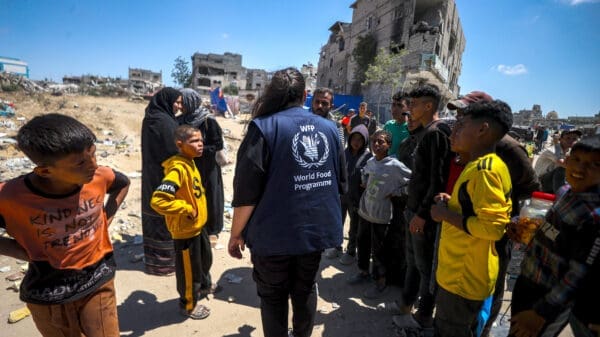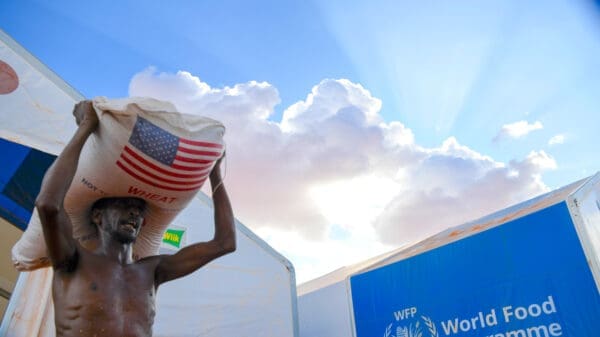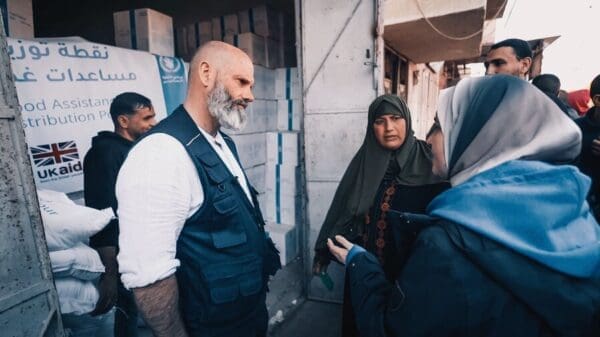We Get Stuff Done.
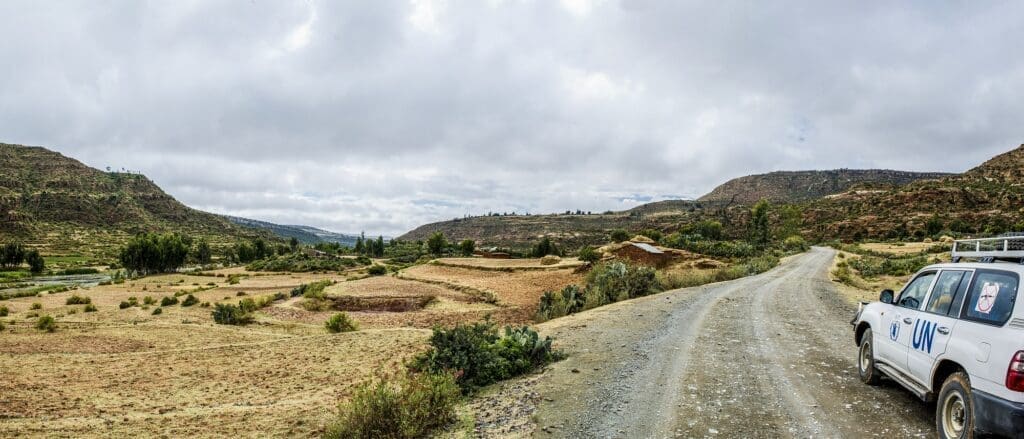
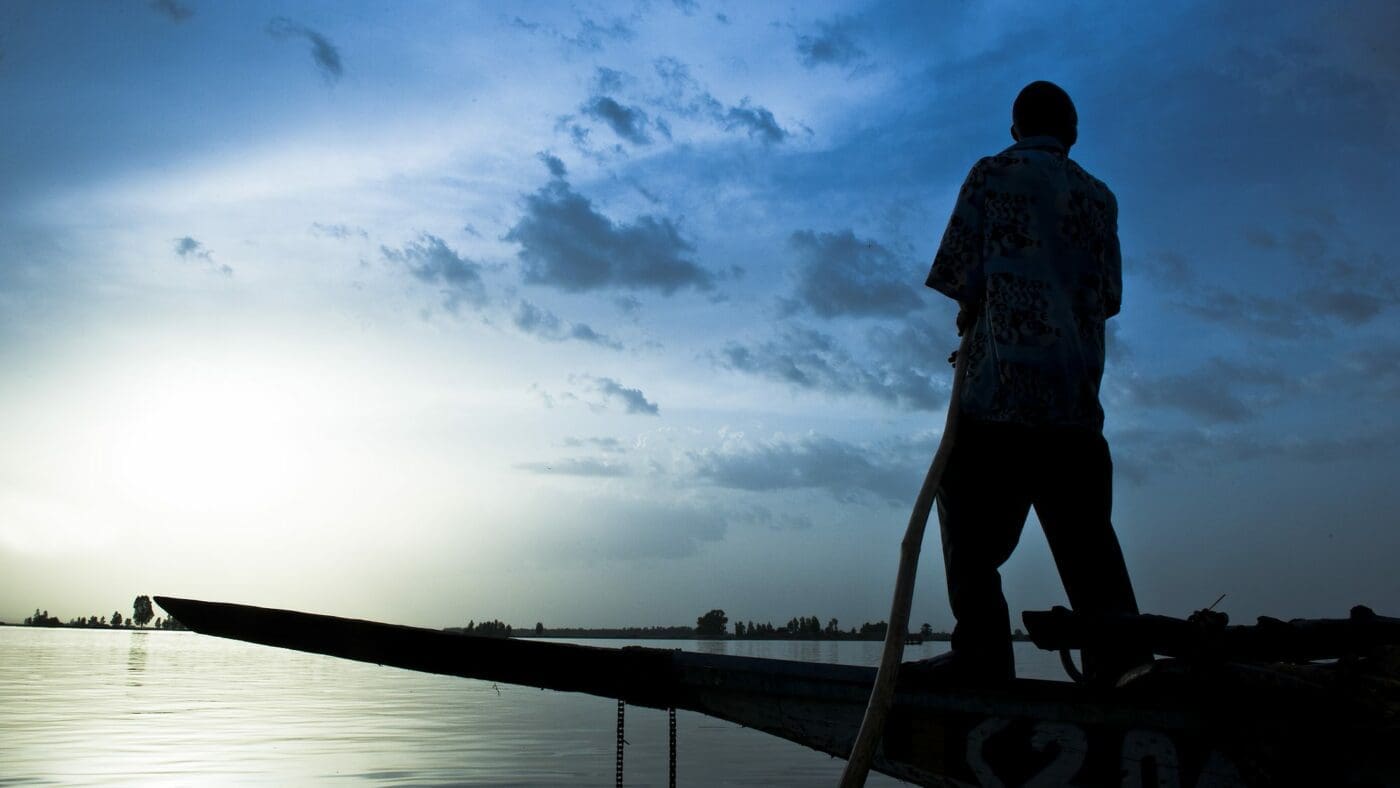
WFP logistics is going green across the globe, monitoring and cutting fuels for all transportation by air, land and sea.

The WFP-led United Nations air service transported 300,000 passengers to various locations in 2017, including the Rohingya crisis in Bangladesh, Yemen and parts of South Sudan – three countries that needed high levels of humanitarian support during this time.

Air drops are used only when WFP cannot access vulnerable, hard-to-reach communities due to difficult road and water paths. South Sudan is one location where such drops have been necessary. WFP has also been known to use elephants, donkeys and camels to carry much-needed assistance.
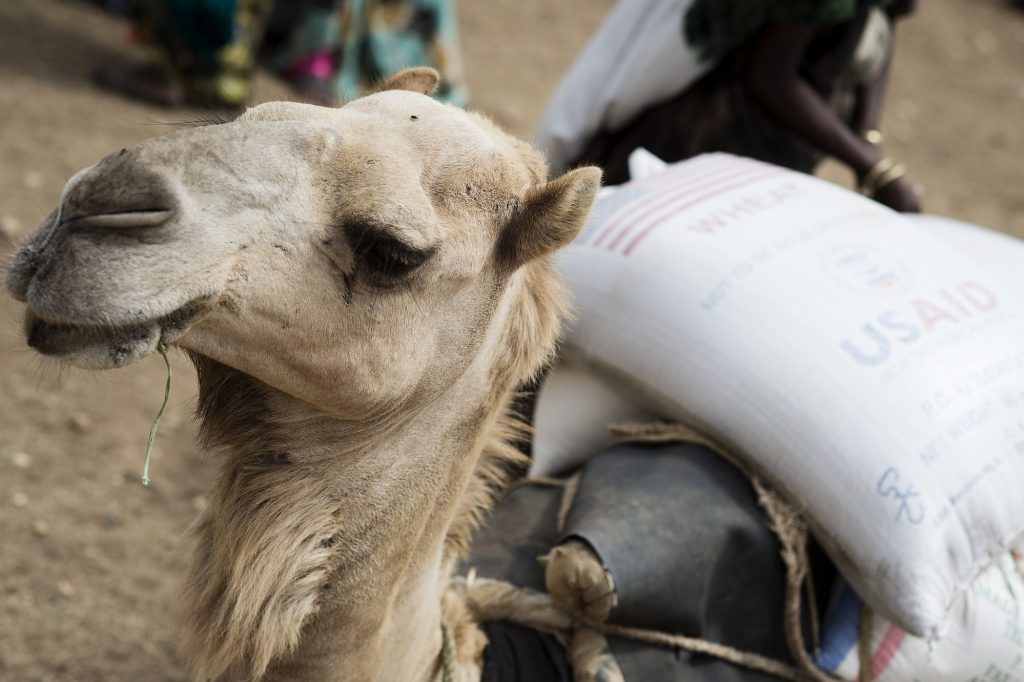
WFP reached 90 million people with food assistance in 83 countries last year.

More than 3,000 WFP logistics staffers manage a network of 650 warehouses worldwide. WFP also manages a global network of Humanitarian Response Depots, in six locations across the globe, where food and relief items for the humanitarian community are stored and dispatched. These are located in Ghana, Italy, Malaysia, Panama, Spain and the United Arab Emirates.
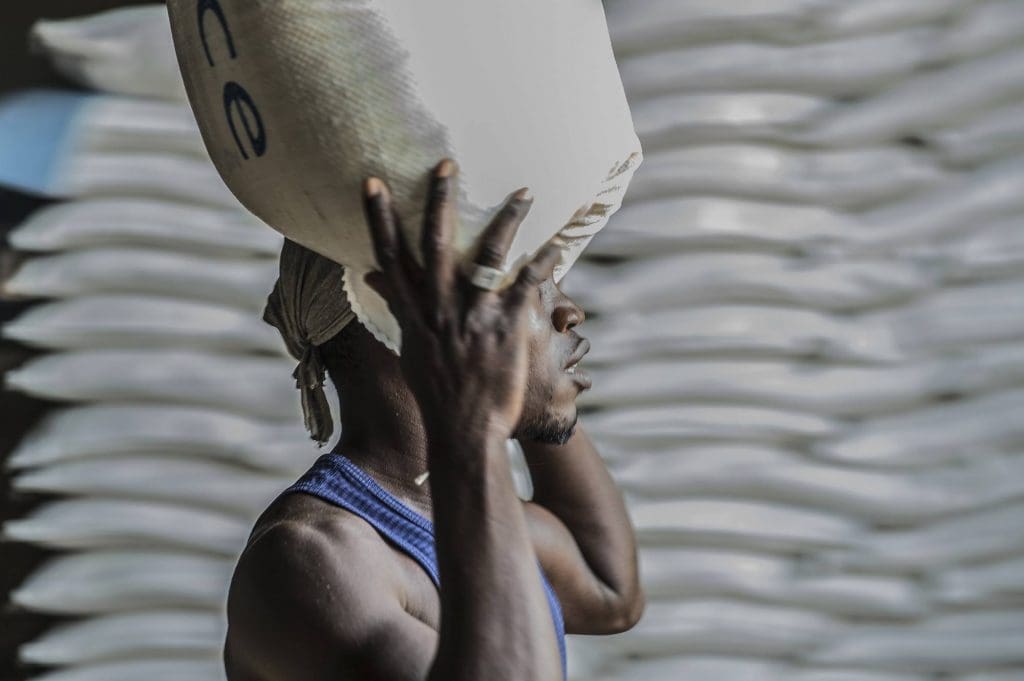
Last year, WFP supported over 500 NGO, government and UN partners with air passenger transport, emergency stockpiling and dispatch, warehousing, and a range of supply chain solutions.
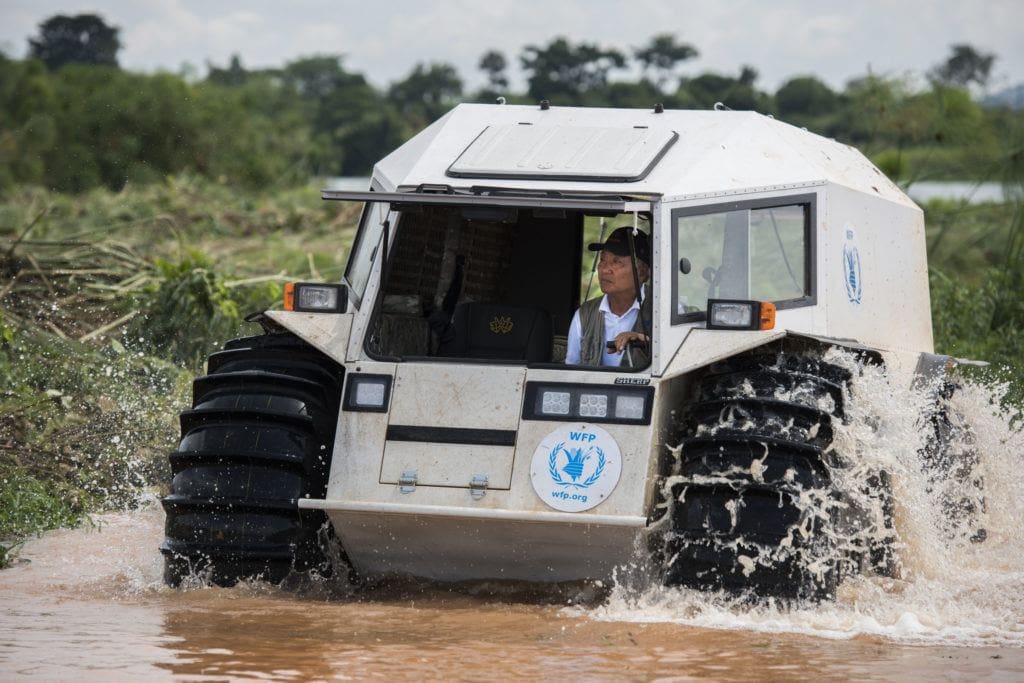
It also procured six amphibious all-terrain vehicles in a pilot project designed to integrate the vehicles into WFP’s fleet for last-mile deliveries in the toughest terrain.

Right now, WFP is confronted with six high-level emergencies in South Sudan, Yemen, northeastern Nigeria, and Syria, Democratic Republic of Congo and the Rohingya crisis. Entire communities have been destroyed by war and disease, but — with the help of folks like you — WFP has tackled the tough roads, aid blocks and dangerous lands to reach the most vulnerable.
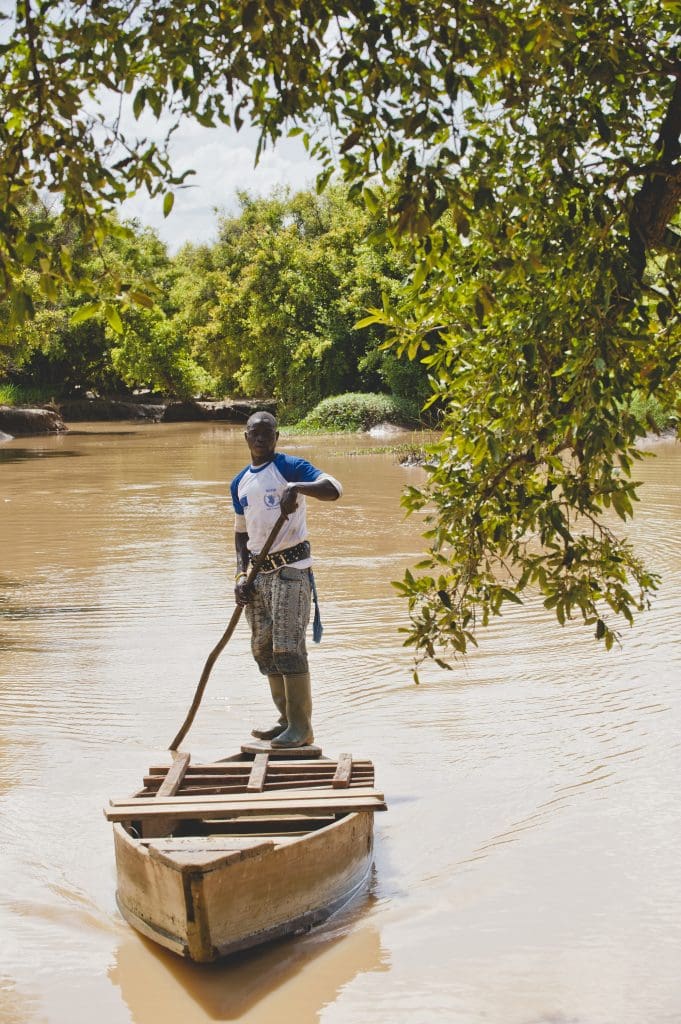
WFP does whatever it takes to get the job done, and ensure that no one, no matter where they are, goes hungry. The humanitarian agency is the world’s logistics leader.

WFP is dedicated to solving global hunger for good.
